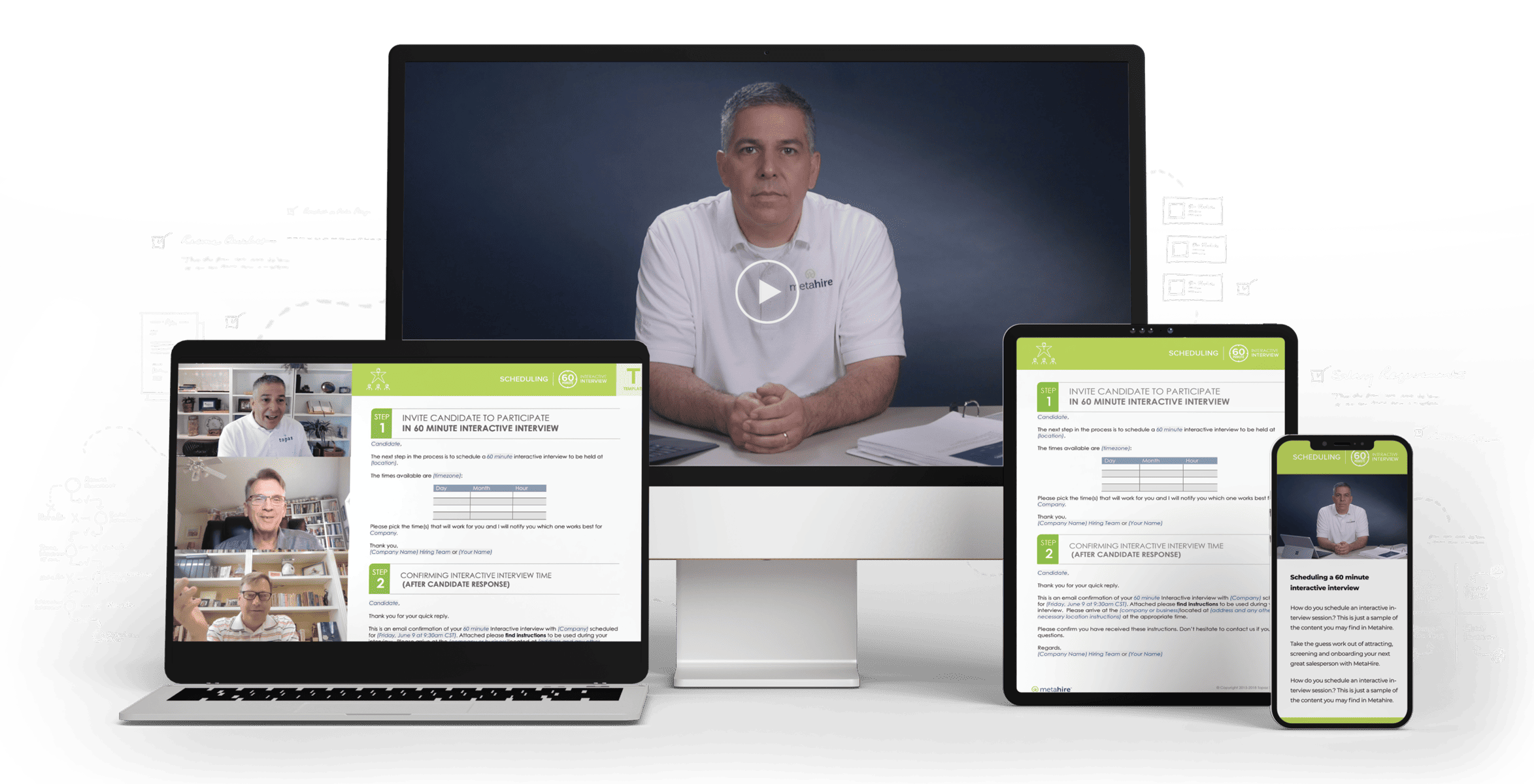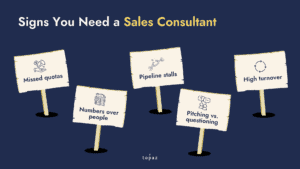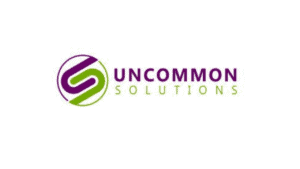Think sales is just about charming your prospects into buying from you? Then, you’re in for a rude awakening. The truth is healthy skepticism is essential for sales professionals looking to succeed in today’s market. You must be willing to ask tough questions, analyze data, and challenge assumptions.
Why? The summarized version is that you can’t get overly excited just because a prospect seems interested. Instead, you must always maintain a healthy level of skepticism, even when the signs seem promising.
In today’s post, we’ll show you how to develop healthy skepticism in sales and explain why it’s essential for building trust with prospects and closing more deals.
Understanding Skepticism in Sales
First things first: what is healthy skepticism? In a nutshell, it’s the ability to question what you’re told, seek additional information, and withhold judgment until you have all the facts. It’s the opposite of gullibility — and it’s crucial for sales success.
In sales, healthy skepticism means approaching every prospect with an open mind and a critical eye. It means probing deeper, asking tough questions*, and pushing back when necessary. There will be many instances when prospects say one thing but mean another. It’s up to you to be willing to get an accurate picture.
*Don’t be afraid to ask questions to uncover customer pain. Read one of our recent blogs to learn more about common misconceptions around asking questions in sales here.
The Benefits of Healthy Skepticism in Sales
- Avoid Being Taken Advantage of: As a sales professional, you’ve probably encountered many time-wasting prospects. These people promise the world but never follow through, try to drag out negotiations to wear you down or get free consulting. You can spot these red flags early on with healthy skepticism and avoid these time-wasters.
- Build Trust with Prospects: When approaching prospects with a skeptical but open mind, you’re more likely to listen carefully to the whole conversation, including the things you don’t want to hear. Your willingness to talk about why or why not you are a good mutual fit creates deep trust with your prospects because they feel listened to and understood. Then, prospects are more likely to tell you the truth when answering your questions.
- Make Better Decisions: Skepticism helps you question the facts and think critically about a situation. This is key for sales professionals since you’re often making decisions on the fly and need to be able to trust your judgment. By taking a skeptical approach, you can make more informed decisions that will benefit you, your prospect, and your company.
Maintaining Healthy Skepticism in Sales
So now you know some of the benefits of including a level of healthy skepticism in your sales process. But how do you develop and maintain it? Here are a few strategies to keep in mind:
Do Your Homework
Start with good intent and keep an open mind. Do not tie yourself to a specific outcome. This allows you to go where the conversation takes you freely. Further, know who you’re talking to by using social media, search engines, and industry resources to gather enough information to start the conversation.
Listen More Than You Talk
It might help you remember you have two ears and one mouth. When meeting with a prospect, focus on asking questions and listening instead of talking and telling. Take notes, ask follow-up questions, and dig deeper into their answers. This will help you better understand their goals, pain points, and budget — all crucial information for ensuring you’re a good mutual fit.
Avoid Making Assumptions
Assumptions are massive. They are made by everyone, all the time, and about everything. Assumptions are huge time wasters, dangerous in sales, and can lead to missed opportunities and lost deals. To avoid making assumptions, remain curious and continue to ask questions to uncover and learn the reality of your prospect’s situation.

Overcoming Barriers
It’s not always easy to maintain healthy skepticism as a sales professional — plenty of barriers can get in the way. From feeling pressured to meet sales targets to having limited time or resources, it’s easy to let your guard down and take shortcuts.
For example, when you feel pressure to close deals quickly, ask yourself: “What are the long-term benefits of taking my time?” And when you don’t have enough resources or time, make sure you prioritize your most promising leads so you can invest your time and energy where it counts.
Finally, develop a strong sense of trust in your abilities as a sales professional. Don’t be afraid to stay curious until you learn what you need to know to provide the right solution for your prospect. With practice and persistence, healthy skepticism will become a core part of your sales flow — essential to your success as a Buyer Facilitator.
Conclusion
Healthy skepticism is an essential trait for modern sales professionals. By approaching every prospect with an open mind and a critical eye, you can build trust, learn the truth, and not waste time resulting in closing more deals and achieving sustainable success.
Remember: the key to success in sales is not to charm your prospects but to be persistent and curious. Don’t always believe everything you’re told. When 1+1=3 — ask a question!







